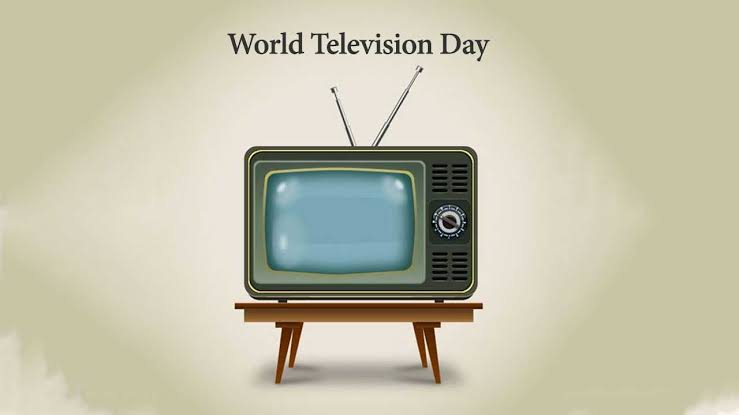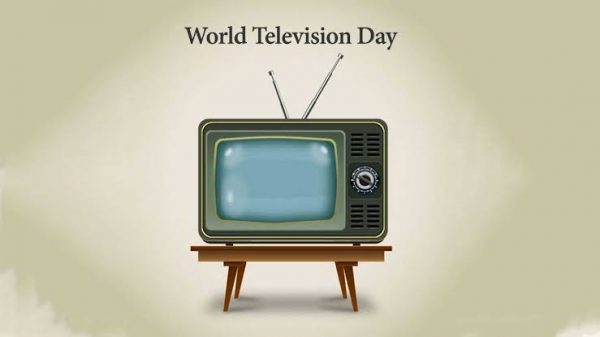The television was one of the most prominent inventions of the 20th Century. Invented in the 1920s, the television did not become mainstream until after the Second World War when black-and-while television broadcasting became commonplace in the United States and Britain. Since then, television has risen to become the primary medium for mass communication across the globe.
With the evolution of television broadcasting from black-and-white to colour in the mid-1960s, television has remained the most important tool for shaping public opinion, even today. Its many iterations, facilitated by a burst of innovation also led to a splurge of investments in programming, cable television broadcasting and more recently, internet television streaming services like YouTube, BitChute and Netflix.
Read more about Entertainment
Sometimes called, ‘telly’ or ‘TV’ depending on the generation in which you grew up, television brought the world closer still, tearing down the barriers of time and space. I remember watching space missions, World Cups and even the infamous bombing of the World Trade Center on live television.
Television is a cultural melting pot with which all kinds of people have been able to cross-pollinate ideas. According to the United Nations, ‘Television continues to be the single largest source of video consumption.’ However, television has also been a source of maladaptive behaviour within the world’s population. Studies have found a behavioural correlation between excessive television viewing and drug addiction and this problem may be on the rise as television sets proliferation continues to grow at break-neck speed.
According to Digital TV Research, about 760 million television sets were connected to the internet last year. This figure incorporated mobile devices, leaving out television sets that are not internet-enabled. The probability of the positive sides of television outweighing the negative sides of television presents a tragedy of commons, particularly as internet-television becomes increasingly difficult to regulate for age-appropriate content. Parents and guardians now have the arduous task of checking what their wards view on television and how much they view, even when the content is age-appropriate. Children tend to derive their self-image from television when adults who should care for them missed the opportunity to do so.
Sign up to the Connect Nigeria daily newsletter
As we commemorate another World Television Day today, responsible use of television is the watchword. And with this, ‘Happy World Television Day!’
Source:
‘Hidden addiction: Television’ National Institutes of Health. Sussan, S. & Moran, M. B. (2014)
Featured Image Source: Time Bulletin
Did you find this article useful? Contact us: [email protected]


